Alfred Nobel, a Swedish chemist, engineer and industrialist, invented dynamite. It is a well-known thing. Everyone also knows that he established the Nobel Prize from the enormous wealth he earned with that patent. And this posthumously, as a legacy for humanity, since it had no heirs of its own.

He was born in the Swedish capital Stockholm, in a house only 700 meters from the Royal Palace in Stockholm on October 21, 1833. His father's name was Immanuel Nobel, and his mother Andriette b. Ahlsell
Alfred Nobel had three brothers who had reached adulthood: Robert, Ludwig and Emil Oscar. The youngest brother, the aforementioned Emil Oskar, was killed in a nitroglycerin explosion at his father's factory. The remaining two brothers, Robert and Ludwig (both older than Alfred), founded the Nobel Brothers oil company in the Russian Empire (also known as BraNobel), in which Alfred also had a smaller stake. The company exploited oil resources near Baku, today's capital of Azerbaijan. On the eve of the beginning of the October Revolution, BraNobel was the largest oil company in the Russian Empire, and one of the largest in the world.

He spoke 4 languages in addition to his mother tongue and was a great supporter of the natural sciences. He never married although it was rumored that he had two great loves Bertha Kinsky and Sophie Hess who left him because of a young Austrian official.
Alfred Nobel applied for over 350 patents and became famous for explosives. Some claimed that the invention came about by accident, but he claimed that the explosive was the result of long-term

Afred Nobel made a large income from his relatively small stake, which went in part to the famous Nobel Prize. His other income came largely from the sale of explosives and weapons.
Nobel was a world traveler, called the richest wanderer in the world and lived in Sweden, Russia, Germany, France, the USA, Britain and Italy. To protect his patents and avoid transporting dangerous nitroglycerin over long distances, the inventor founded companies everywhere. Its Swedish and British subsidiaries have become part of the multinational chemical group AkzoNobel, based in the Netherlands.


The Norwegian subsidiary, founded in 1865, is now known as DynoNobel and is a major manufacturer of civilian explosives. In Germany, the factory he founded near Hamburg no longer exists, but its successor Dynamit Nobel Defense still operates in the arms industry. The French branch is now the civilian explosives production group TitoNobel.

Explosives have many uses for non-defensive purposes. The Bofors Eurenco plant in Karlskoga produces gunpowder for inflating airbags in cars, but the defense sector remains the main market.
Towards the end of his life, Nobel worked on the launch pad for military missiles in San Remo, Italy. But he never saw a contradiction between his interests in pacifism and the arms industry, because he considered weapons a means of deterrence.

He has always been generous in humanitarian and scientific philanthropy, leaving most of his wealth to establish what has become the most prized international award, the Nobel Prize. The value of the Nobel fortune rose to more than 31 million Swedish kronor until his death. Interest on the capital of this foundation, which in the meantime amounts to one million and one hundred thousand euros for each of the five awards, according to the wishes of Alfred Nobel, is awarded as internationally recognized for outstanding achievements in the service of mankind.

Alfred Nobel died in 1896, at the age of 64, from the effects of a stroke at his villa in San Remo. The body of the scientist was transported to his homeland and buried in Norra Cemetery. as the last survivors of the Nobel brothers.
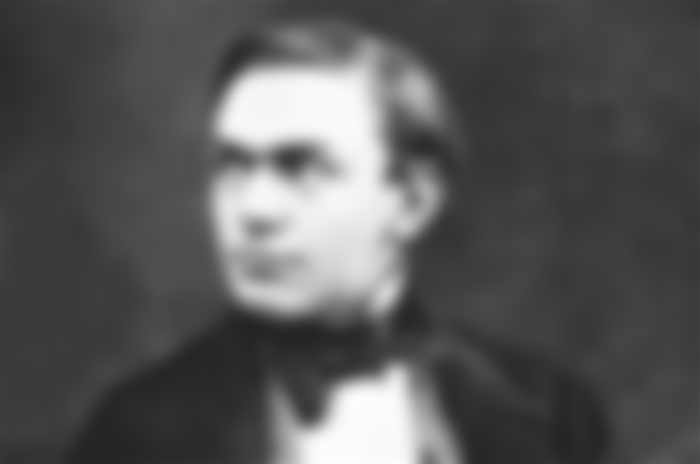
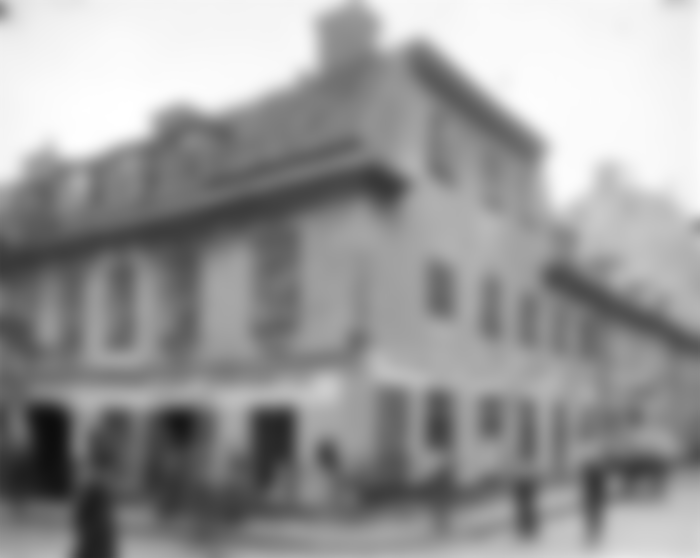

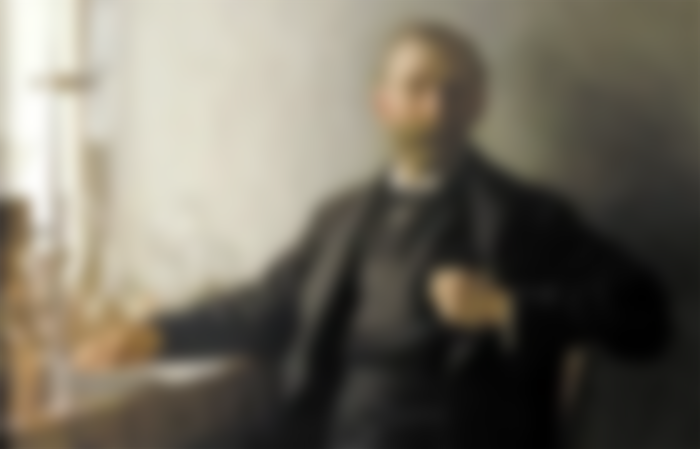
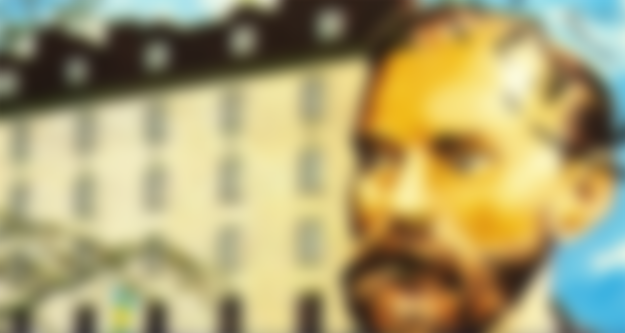
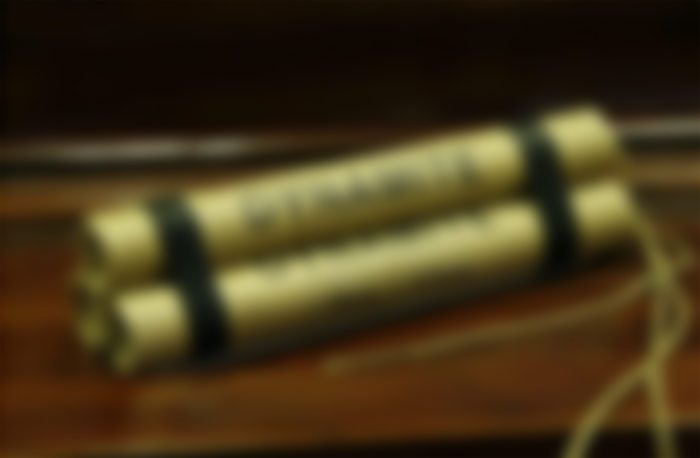


Wo I’ve never heard his story I was even thinking that it’s an award organized by a group of people And I’m also glad to tell you that Wole Soyinka is the first African Noble Laureate